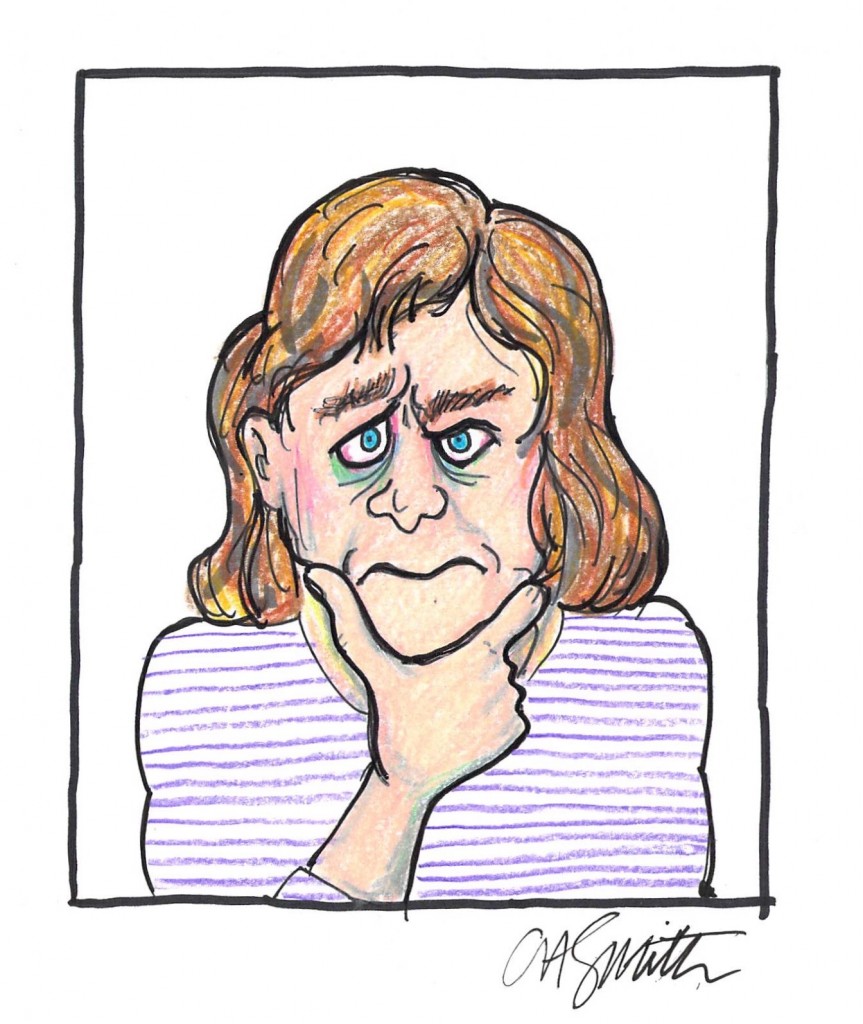Sometimes choice can be exhausting. Constant decision-making overwhelms us. If you think about your day, it’s a series of decisions – from what to wear, what to eat, and what to buy, to critical decisions at work or at home. Making decisions is draining – it’s mental work. The more decisions you make, the harder they become. Expended mental resources causes increasingly poor decisions or no decisions.
This condition has a name: decision fatigue.
Willpower is a form of mental energy that can also be depleted, and the strength of your willpower fades as you make decisions. Decisions wear down willpower and kill productivity.
Some of the effects of decision fatigue are a propensity to experience things more intensely, to become more frustrated, to eat or drink impulsively, to say stupid things, to get into fights, and to take the safer, easier option even when it’s the wrong option.
Organizing is all about decisions. To get organized you must decide how to categorize, what to keep and what to discard, how to arrange and store what you keep, and even to decide where to start. Difficulty with making decisions is a major factor in clutter, both physical and mental.
Understanding and overcoming decision fatigue and how it affects you will help you become better organized and productive.
Here are strategies you can employ to combat decision fatigue.
1. Make fewer decisions by creating new habits and routines.
Have a routine from the moment you wake up that eliminates everyday decisions about meals and clothes. Plan decisions the night before, and pass off unneccessary decisions to others. Your home life and business life are not separate to your brain. If you are making a lot of decisions in your personal life, it will affect your ability to make decisions in business. If you minimize tiny decisions first thing in the morning, you will be able to make better decisions later in the day when it matters.
2. Do the most important thing first, early in the day when you are freshest.
Prioritize what you need to do. Create a to-do list with the three most important tasks, then schedule and commit to doing them. Keep a running list of tasks, written down so you don’t have to remember them. David Allen calls this a brain dump to clear your head for critical thinking.
3. Develop a process to make decisions.
Break them down into smaller pieces until you are making only binary decisions, two options. Limit your options and choose the simpler option. Sometimes done is better than perfect. Checklists are an effective way to streamline your decision process — the decisions about routine tasks are already made.
4. Be able to identify when you are fatigued and take breaks.
Even better, eat something. The brain needs a power supply. When you say your brain is tired, your brain IS tired and probably hungry. An energy bar, a piece of fruit, or something with sugar are good short term fuel sources for your hard-working brain. If you know you have a series of tough choices to make, eat something first.
(If you worry about over-eating, a recent study at the University of Alabama investigated how physical activity might quell the eating binges that follow intense mental activity.)
With these strategies, and by making a few changes to your routine, you can overcome that defeated feeling of paralysis and make better, quicker, and smarter decisions throughout the day.
